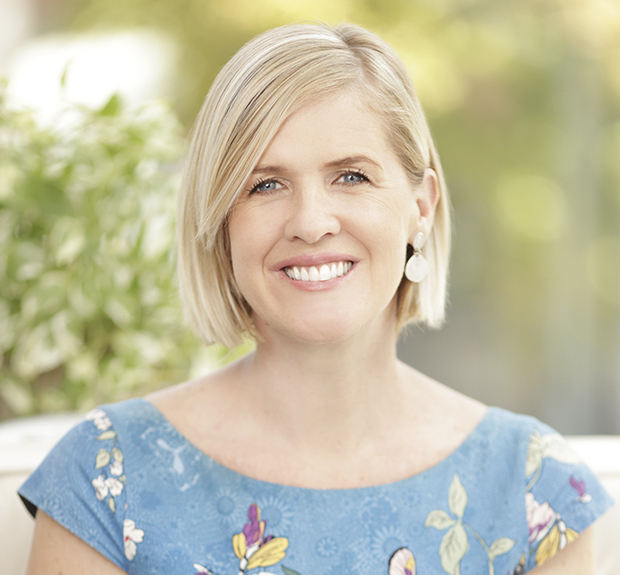About Me
Amy Kelly is the founder of Nest Psychology. She is an experienced Clinical Psychologist. She is passionate about working with children and families. She is also a mother to 3 boys.
To get to know Amy better, she asked her youngest son (11) pretend to be a journalist and interview her about being a psychologist. These are his questions and her answers:
Have you done this psychology stuff before?
Good question! I have worked as a psychologist in primary schools, universities, hospitals, charities and in private practice for more than 20 years. I have worked with people of all ages but I really like working with kids, families and new parents the best.
Why?
Your brain grows really quickly during childhood so if you learn skills to cope when you are young, it’s likely that those skills will be useful throughout your whole life. Kids’ brains are like big balls of Play-Doh. Just like you can mould Play-Doh to become different shapes, you can mould brains to learn new skills and cope with challenges through education and practice. As we get older, our brains become stiffer, more like plasticine, and it’s more difficult to change old habits. That’s why it’s important to treat psychological problems early – at a young age. The way I work with kids is to play games, draw pictures, read stories, watch videos, and have lots of fun. It’s nice for me to watch kids gain confidence and courage and feel happy to be who they are.
I also like working with new parents because I know that becoming a parent can be a really tough, challenging and relentless time, which can wear you down emotionally. I get a lot of pleasure in helping new parents through these tough times, and the pay-off is huge for not only the new mum or dad but for the whole family.

Being a parent myself allows me to understand the joys and challenges of parenting.
Is it good to be a psychologist as well as a Mum?
Yes, in lots of ways. I’ll list the benefits:
- It’s good being a parent as well as a psychologist because I understand the highs and lows as you and your brothers go through different developmental phases.
- I get to test out my tools on you guys! I have learnt that different strategies work to differing degrees with different kids.
- You guys keep me up-to-date with what kids are into, like Roblox, Pokemon, Minecraft, handball, basketball, etc.
- I have been around child care centres, kindergartens and schools A LOT! That means I know about their systems, challenges and funding streams so I am able to advocate for the kids I see.
- I got to be a new Mum three times so have a good memory of what it’s like to be pregnant, give birth, and look after really little babies. I actually wrote my thesis on what helps new parents adjust successfully to parenthood.
Oh yeah, I remember that! Where did you learn how to be a psychologist?
I started off at Monash University in Melbourne and did a Bachelor of Arts/ Science in 1993. That was when I got interested in psychology. Then I moved to Canberra to do a Post-graduate Diploma in Psychology. And finally, lured by the sunny weather and easy-going lifestyle, I moved to Brisbane to do a Master of Clinical Psychology at QUT. I have also done training in Circle of Security Parenting and Triple P Parenting and see my supervisor once a fortnight.
What does a psychologist actually do?
People come to see me when they need help with problems. For example, they might be feeling sad or worried a lot, and these feelings might get in the way of them enjoying life. My job is to help people to work out ways to solve these problems so that they can start feeling happier and confident more often. Psychologists help people by talking, giving information, playing games, teaching skills and even using creativity to draw out feelings, like drawing and craft.
Do the people you see get better?
Usually, yes – they do improve. I use known techniques that have been tried-and-tested to work by lots of psychologists and researchers. I have been trained in cognitive-behavioural therapy (CBT), narrative therapy, schema therapy, solution-focused therapy and mindfulness. I blend these approaches to match the individual or the family.
Thanks Mum. Can I go and play with my friends now?
Yes, sure.
